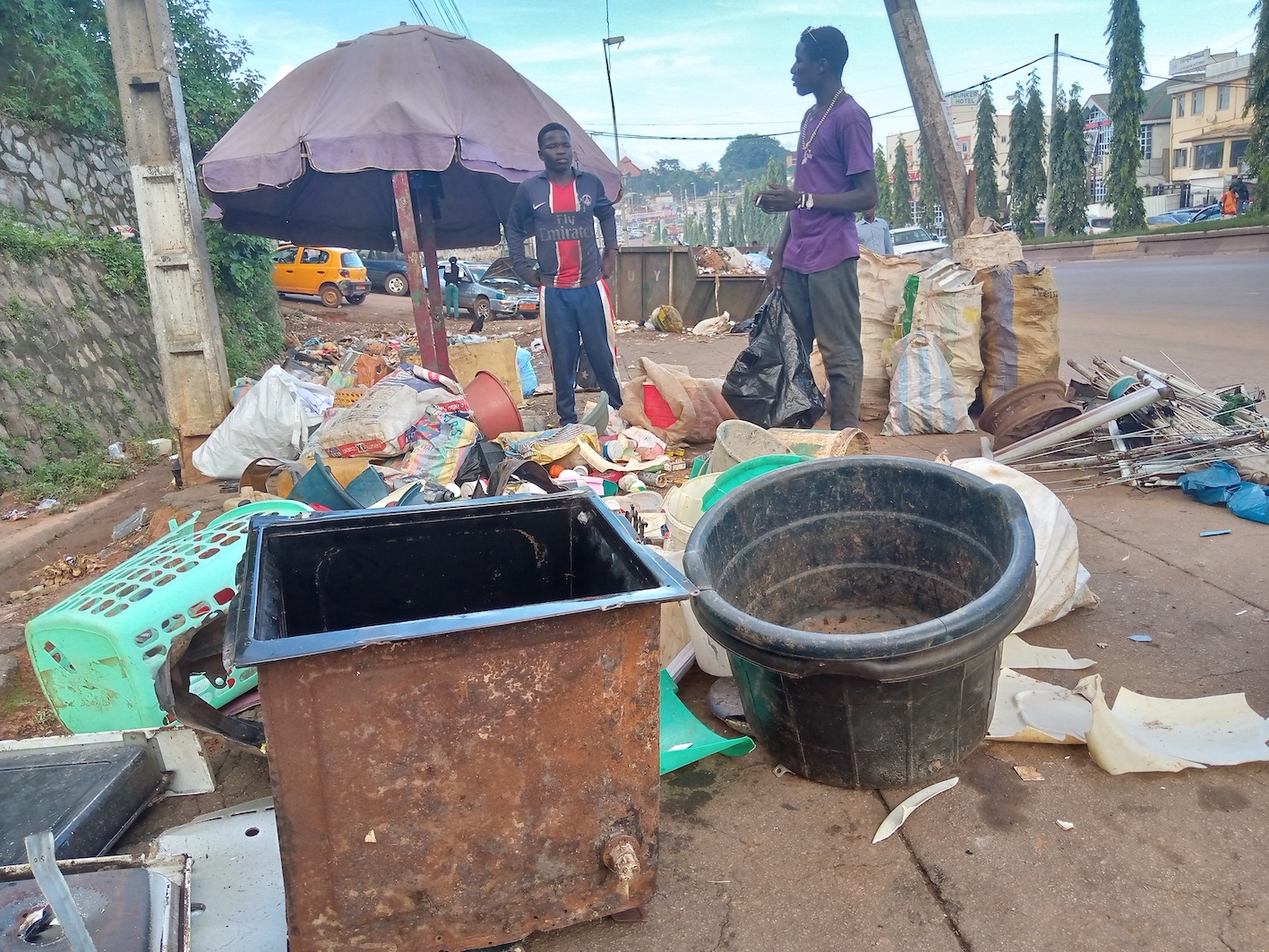This space is dedicated to EoF Academy fellows. How would you summarize your research? Why should it interest the EoF Community?
Alternative economic models as (theological) signs of the times
The prevalence of capitalism in today’s global economy underscores the necessity for alternative economic paradigms, driven by concerns over the dominance of profit maximization and extraction within autonomous and free markets.















